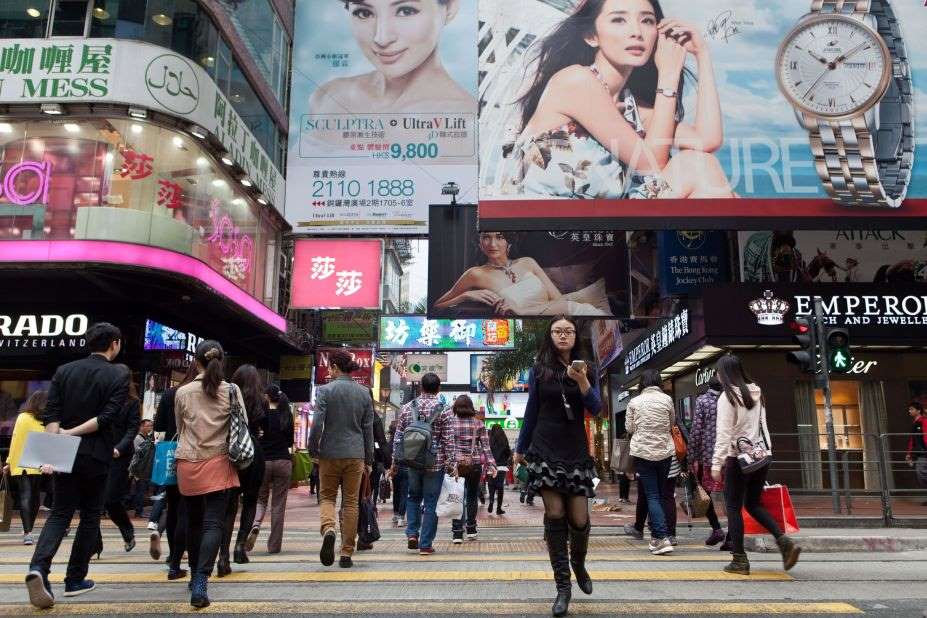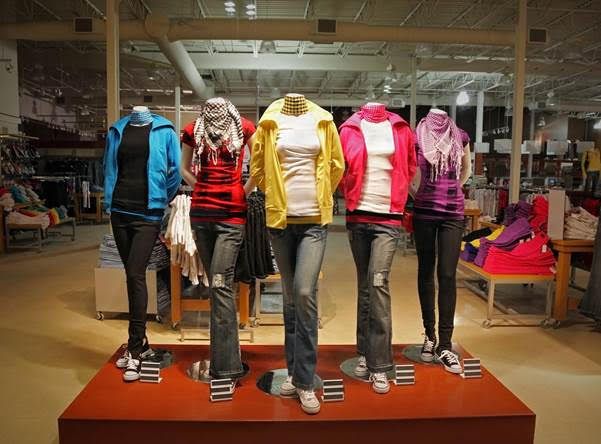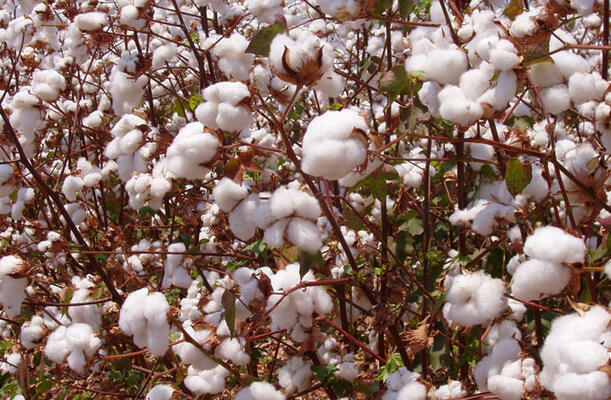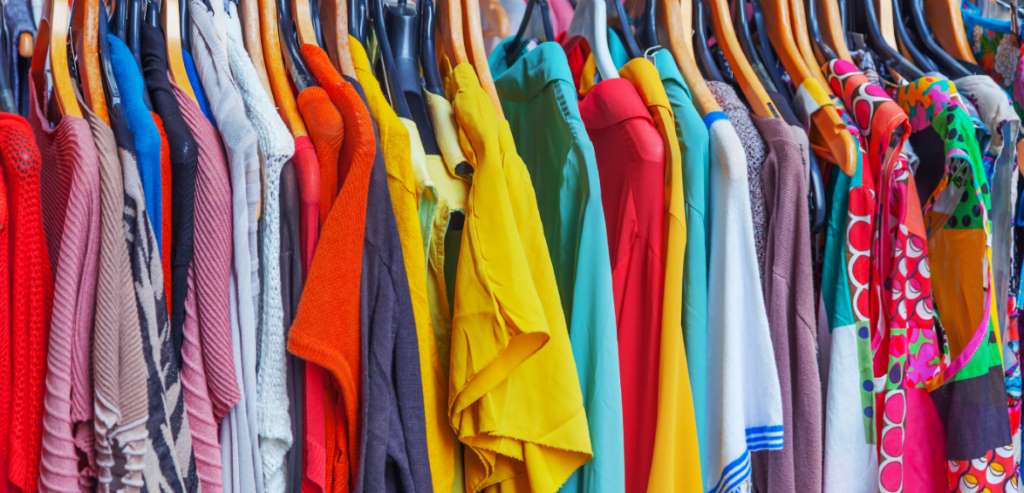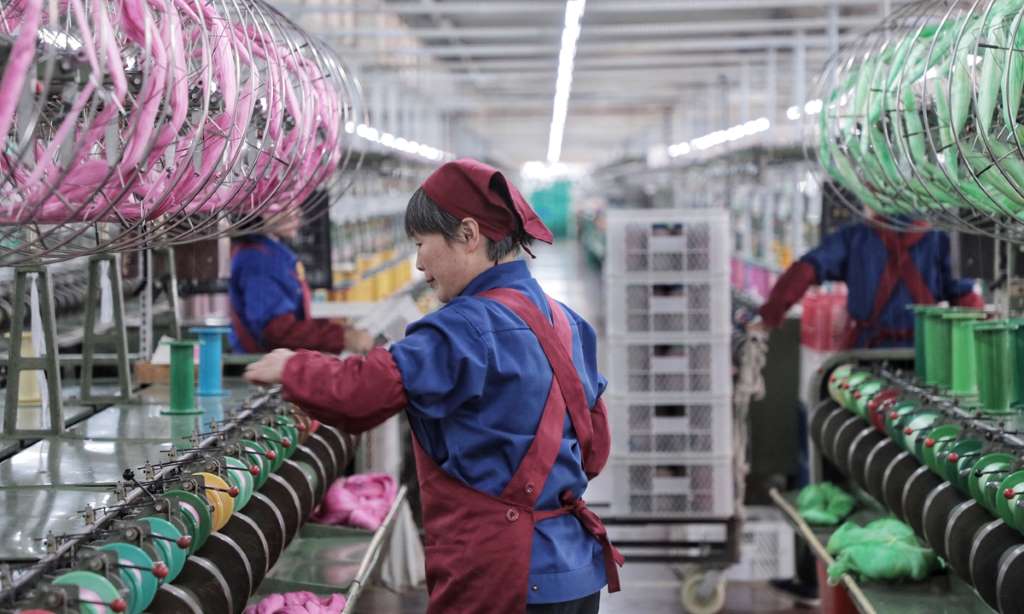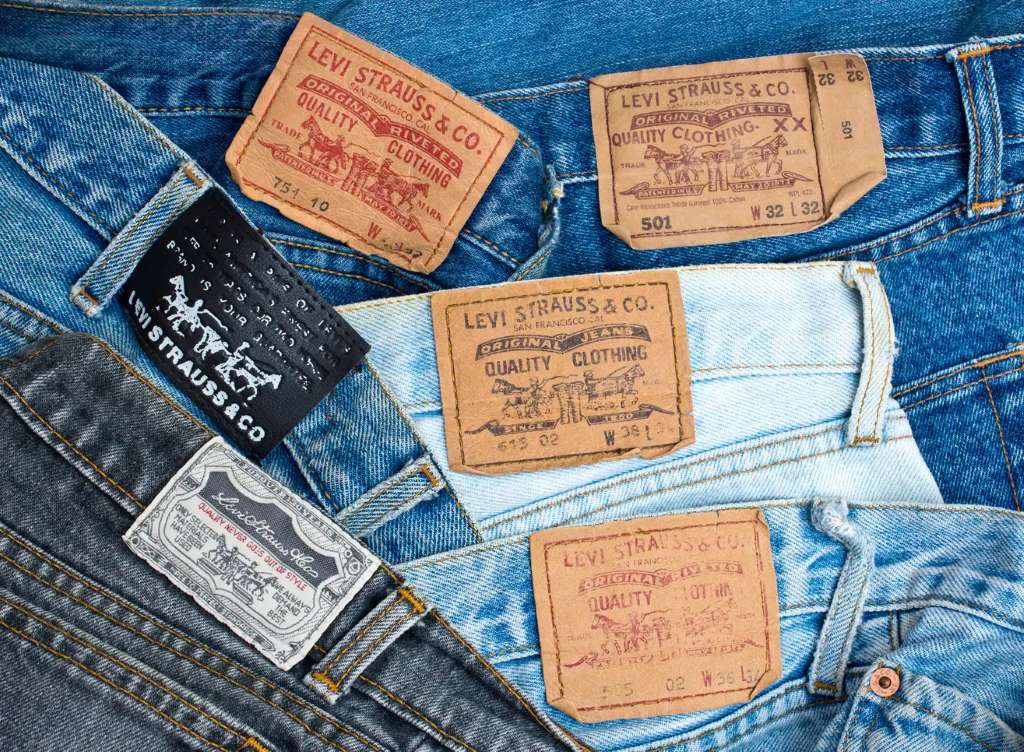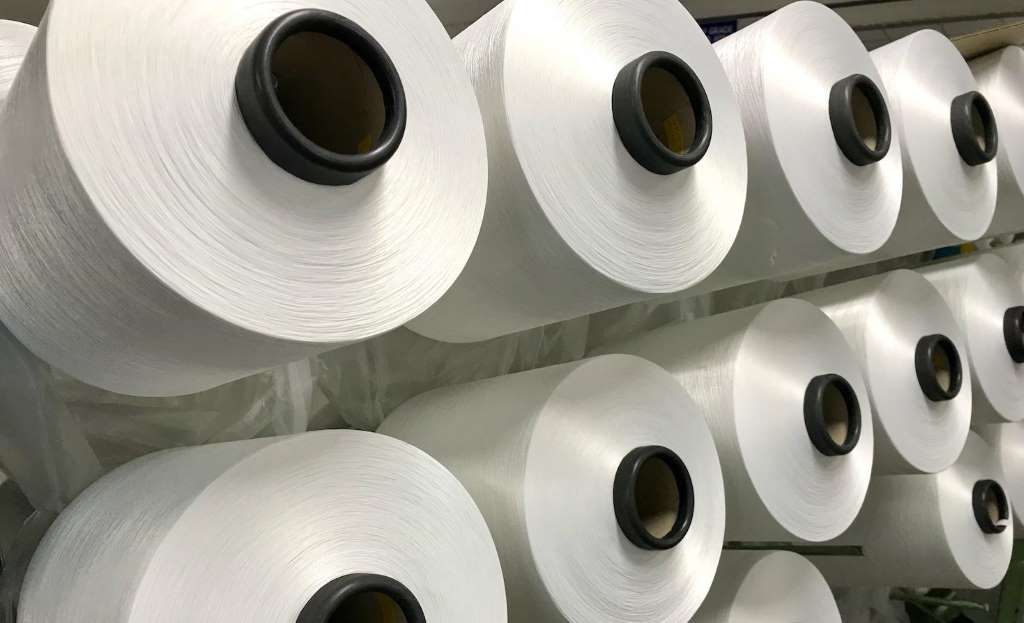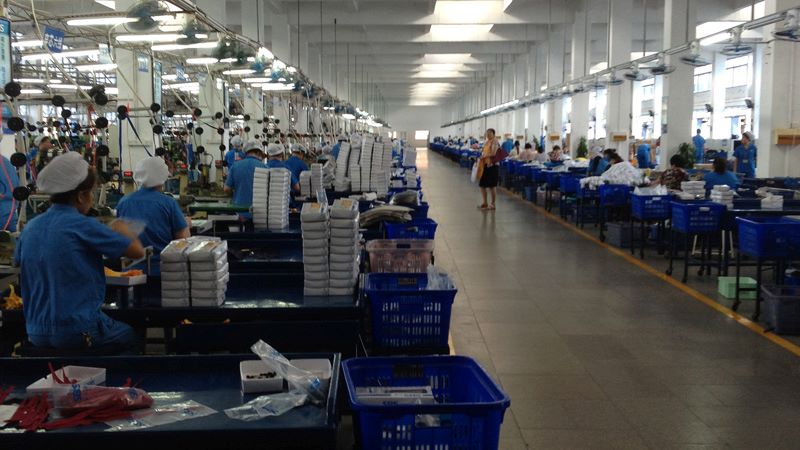Rwanda is nurturing its garment sector. But domestic demand for locally produced clothes has been stifled by the ubiquity of cheap, secondhand garments imported from Europe and the United States.
Many factories are only running at 40 per cent capacity and secondhand garments, which can sell at well below production costs, are at least partly to blame.
In response, Rwanda increased tariffs on used clothing in July 2016.
These tariffs are now the center of a dispute between the US and Rwanda. If Rwanda continues to tax imported secondhand clothes, the country could lose some of its access to US markets for its exports.
Under the US African Growth and Opportunity Act (AGOA), qualifying African countries are granted duty-free access to the US market. The law which was passed in 2000 is credited for increasing Africa's export sector, with duty-free exports from the continent to the US market almost quadrupling since the law was enacted.
The US has warned Rwanda it would lose some benefits under the act, after Rwanda increased tariffs on secondhand clothes to support its local garment industry.
Selling America's used clothing — much of it donated to charities and the bulk of it originally made outside the United States — is a nearly billion dollar industry. Exports typically end up in poor nations. Africa is a key destination.
Rwanda’s import tax irks US
- 1
- 2
- 3
- 4
- 5
- 6
- 7
- 8
- 9
- 10
China's luxury e-com boom fizzles as shoppers drive up returns
China's luxury e-commerce market, once a golden goose for high-end brands, is facing a new challenge: skyrocketing return rates. Shoppers... Read more
Dynamic growth and evolution of the women’s apparel market
The Women’s Apparel market stands as a dynamic force within the global fashion industry, embracing a plethora of clothing and... Read more
Bangladesh shifts cotton sourcing from India to Africa, as it impact global cott…
Bangladesh, the world's second-largest garment exporter after China, is undergoing a significant shift in its cotton import strategy. Traditionally, India... Read more
Global Apparel Trade Slowdown: Waning consumer demand paints bleak economic pict…
Wazir Advisors April 2024 report on global apparel trade paints a worrying picture, with major markets like the US, EU,... Read more
China's fabric exports to India shrink with rising domestic demand
While China remains the world's leading textile producer, its grip on India's fabric import market appears to be loosening. Data... Read more
Levi's makes big bet on DTC sales, embraces baggy denim trend
Levi Strauss & Co. (Levi's) is experiencing a positive shift in its business strategy, with a strong focus on direct-to-consumer... Read more
Fashion InStyle, Home InStyle showcase lifestyle trends and sustainability effor…
The Hong Kong Trade Development Council (HKTDC) is hosting a week-long extravaganza of lifestyle products and creative industries, featuring two... Read more
Shenzhen Underwear Fair (SIUF) Wraps Up Showcasing Expanding Focus: Beyond linge…
The 2024 China (Shenzhen) International Brand Underwear Fair (SIUF) concluded yesterday, April 21st, marking the end of a three-day event... Read more
H&M's shift from recycled bottle polyester and what it means for circular fa…
In a significant move Swedish fashion giant H&M has recently moved away from recycled polyester derived from plastic bottles and... Read more
China's apparel and textile industry defies expectations with Q1 growth boom
China's economic performance in the first quarter of 2024 surprised many exceeding expectations with a 5.3 per cent GDP growth.... Read more

